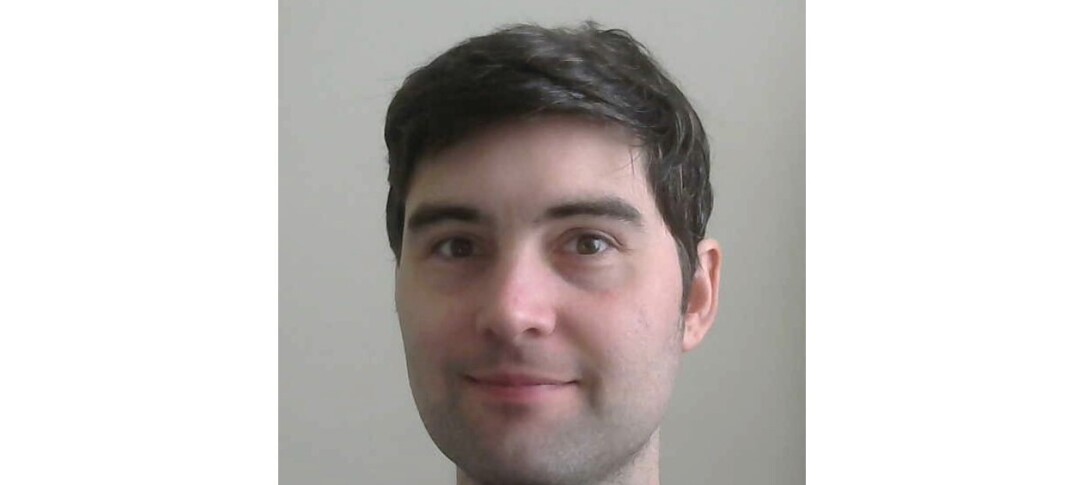
Part of the Joint Division of Cancer Seminar Series, Thursday 14.11.24 @ 15.00, hosted by Professor Charlotte Bevan. We are delighted to have Dr Anthony Sinadinos. Anthony is a post-doctoral Research Associate based at the National Heart and Lung Institute, here at Imperial. His current research focus is in Gene Therapy; specifically involving the design and testing of virus-based vector technologies.
More generally, Anthony has diverse professional experience in muscle pathophysiology, immunology, pulmonary biology, and gamma-retroviral and lentiviral vector science. He completed his PhD in Portsmouth University, and has since undertaken novel research at Kings College London, the Francis Crick Institute, and Imperial.
In a recent and fledgling collaboration, Anthony has shared an MSc student with Professor Charlotte Bevan, of Surgery & Cancer, and Dr. James Hindley, of the department of Chemistry, which has afforded him the opportunity to explore the translational application of a new virus-based macromolecule cellular delivery system. This recent work is the basis for today’s presentation.
The Talk
“Targeted therapeutic nucleic acid and protein delivery to cells is beneficial for multiple health conditions, including cancer. Using our expertise in gene therapy, we have developed both a Simian Immunodeficiency Virus (SIV)-based lentiviral vector and a novel Virus Like Particle (VLP), each capable of delivering macromolecule payloads directly into target cells.
Overall, I will define the early development and testing of a cell-type specific vector delivery technology, applicable to both lentiviral and VLP systems. I will present proof-of-concept data targeting a prostate cancer cell line, delivering reporter and candidate therapeutic agents.
Future ideas will be discussed with respect to technology optimisation, target antigen selection, and therapeutic payload choice for what may represent a new cancer treatment modality. In this regard, I am looking forward to drawing on the expertise of ‘Division of Cancer scientists, in what I hope will be a stimulating academic forum for all.”